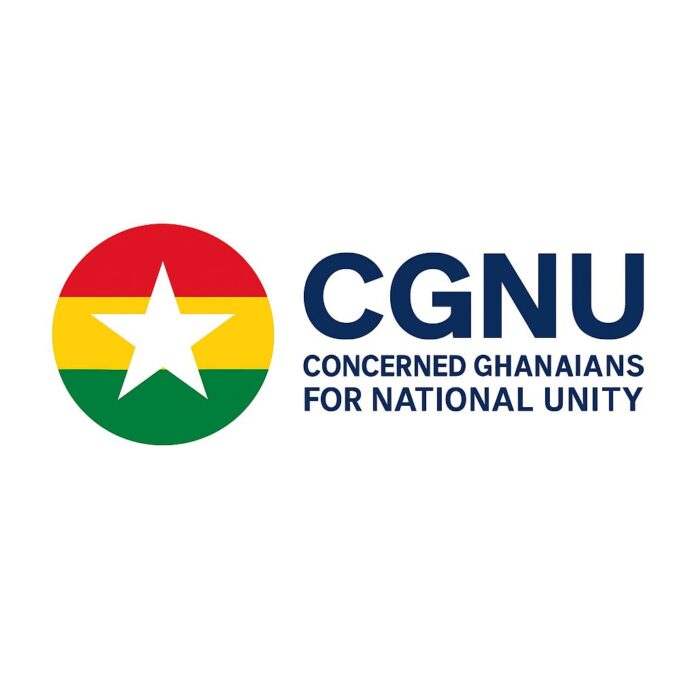A UK-based advocacy group, Concerned Ghanaians for National Unity (CGNU), has condemned what it describes as deliberate attempts by some political actors to deny Ghanaians abroad their constitutional right to vote.
The group says efforts to abolish proxy voting, particularly ahead of the New Patriotic Party’s (NPP) upcoming presidential primaries, pose a direct threat to democratic participation.
In a statement issued on behalf of Ghanaian diaspora voters across all political parties and independent groups, CGNU stressed that proxy voting is a protected right under Ghanaian law.
Citing Section 25 of the Public Elections Regulations (C.I. 94), the group noted that any registered voter who is unable to vote in person due to absence, illness, or other circumstances is legally entitled to vote by proxy.
The group dismissed claims that proxy voting facilitates electoral malpractice, describing such assertions as “misleading, unfounded, and inconsistent with national law and long-standing practice.”
CGNU also highlighted what it called the “deep irony” of the situation.
“The New Patriotic Party—the same party that championed and engineered the Representation of the People Amendment Act (ROPAA) to secure voting rights for Ghanaians abroad—now appears open to arguments for abolishing proxy voting, which is currently the only lawful means through which diaspora citizens can participate,” the statement said.
The group argued that ROPAA was grounded in the principle that every Ghanaian, regardless of location, deserves a say in national governance. Any attempt to curtail diaspora voting rights, they said, would contradict not only the spirit of ROPAA but also the NPP’s own democratic legacy.
“Proxy voting is legal, legitimate, and essential for ensuring that every Ghanaian retains their constitutional voice. Any attempt to abolish it is an attempt to silence the diaspora, weaken internal party democracy, and undermine Ghana’s national electoral integrity,” CGNU concluded.
READ ALSO:
- Minority accuses government of stalling reintroduction of Anti-LGBTQ Bill
- Stephen Appiah impressed with Black Stars performances despite defeats
- Aduro Ye Herbal donates 5,000 sets of Obuasi diapers to health facilities in Obuasi
- Cuts to nurses allowances, abandoned rural health promises are red flags for 2026 – Kingsley Agyemang



